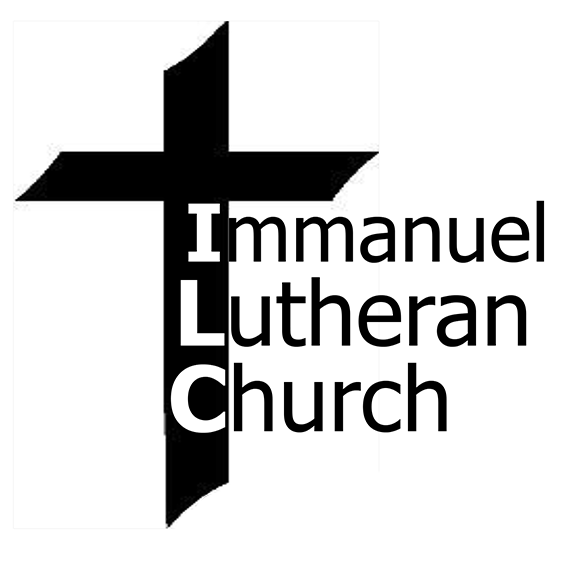The definition of a paradox is a statement that seems contradictory. For example; when Martin Luther tells us that to be a Christian means that you are perfectly free, servant to no human being, and perfectly bound, servant to all human beings. We, in our logical way of understanding, want to know which one it is? How can it be both? Christ has freed us from the chains of sin and death and has won salvation for us. So there truly is nothing we have to do, can do, to affect that incredible gift. Perfectly free. Yet, like with any gift, we have the ability to respond (not choose) to the gift. The response that is modeled for us by Jesus is to love God and to love all people and serve them in the name of the gift giver. Perfectly bound. Now, Lutherans historically have shunned anything that would suggest that our restored relationship with God comes from what we do. Even going so far as to reject acts of charity because they might be associated with works righteousness. But in the spirit of Reformation and that the church is called to be always reforming, we have embraced the truth that our response to God’s freedom and gift of grace can be something that we DO. Examples would be acts of charity, faithfully serving, participating in worship, reaching out to the lost, loving our neighbor, showing mercy, working for justice and forgiveness. The expressions of this response can be far reaching or local, they can be random or planned, they can be tiny or great. What I believe the most life giving thing in our relationship with the giver is to acknowledge the gift and then to respond in the hope and joy that this gift has the ability to inspire. We are free! Free from the worry that our sin would damn us to hell. Free from the ultimate judgement and punishment of our sinful nature and the resultant actions. Free from the condemnation of eternal death because the victory has been won for us. We are free! Praise God! Celebrate Jesus! There remains really only one question; how shall we respond to this freedom?

